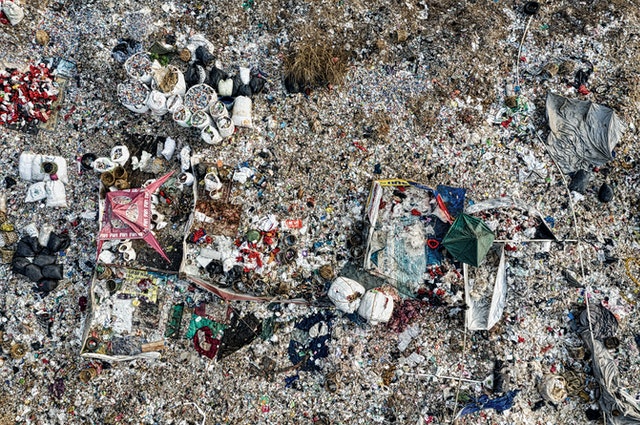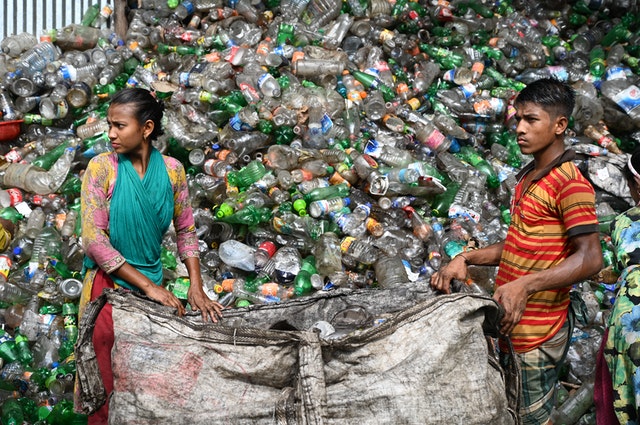
Management of waste is a basic requirement of ecologically sustainable development.
In an effort to reduce adverse environmental effects, sustainable waste management involves the more efficient management of waste material through:
- monitoring
- collection
- transport
- processing and recycling
- disposal
Waste materials can originate from a variety of sources and include industrial, agricultural, commercial and domestic activities.
Sustainable waste management strategies minimize or avoid adverse impacts on the environment and human health, while allowing economic development and improvement in the quality of life.

The aims of sustainable waste management are to:
- conserve resources of water, energy, raw materials and nutrients
- control pollution of land, air, water and sediment
- enhance business performance and maintain corporate social responsibility
- improve occupational health and safety
Sustainable waste management also includes waste reduction strategies throughout the supply chain such as:
- cleaner production
- product dismantling
- recycling
- repair
- reuse
Benefits of Sustainable Waste Management
Sustainable waste management preserves natural resources and reduces the environmental and economic burden of traditional waste management practices such as landfills. Urban societies are faced with increasing populations that require more space for further development. Typically, urban planners must allot space for the disposal of waste by setting aside areas for landfills. Landfills impose a variety of problems on society and other living things including degradation of water and air, transportation logistics, and high costs of maintenance. All of these problems are amplified as the human population increases.
However, sustainable waste management addresses the problems of landfills by making them the option of last resort. Sustainable waste management emphasizes strategies that:
- Significantly reduce the amount of waste that a society produces
- Make best use of products (re-use where possible)
- Select waste management practices that minimizes the risks of immediate and future environmental pollution and harm to human health
- Engage policy makers and industry experts to continue the implementation of waste management best practices
The combination of these strategies shrinks the waste stream of society by productively reusing or recycling waste materials into new materials or energy sources, which adds economic value to an otherwise troublesome problem. Sustainable waste management creates a new industry dynamic within the society that involves planners, businesses, government, and the individual in a coordinated effort that the increases environmental, social, and economic well-being of the entire community.
How can Beyond Smart Cities help?
Beyond Smart Cities works with a variety of industry experts to deliver cost-effective and environmentally sustainable waste management solutions. Our expertise assists better management of government policies to efficiently and productively reduce urban waste streams.
Our researchers solve waste management challenges by:
- Assisting in the creation and commercialization of innovative technologies and cleaner, less toxic processes
- Developing implementation strategies for new remediation techniques and industries
- Helping governments and businesses understand waste stocks and flows
Beyond Smart Cities can create and manage waste flow databases and processes in collaboration with our clients to solve individual company needs or larger community needs. Information on waste quantities and composition can be collected and monitored continuously to achieve specified waste reduction targets and objectives and to optimize waste productivity. Beyond Smart Cities employs highly sophisticated analytical capabilities for sampling and analysis with large scale monitoring abilities to execute the most appropriate strategies for tackling any waste management issue.
